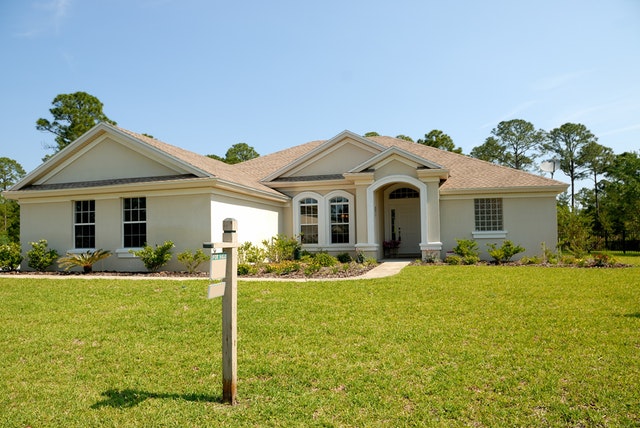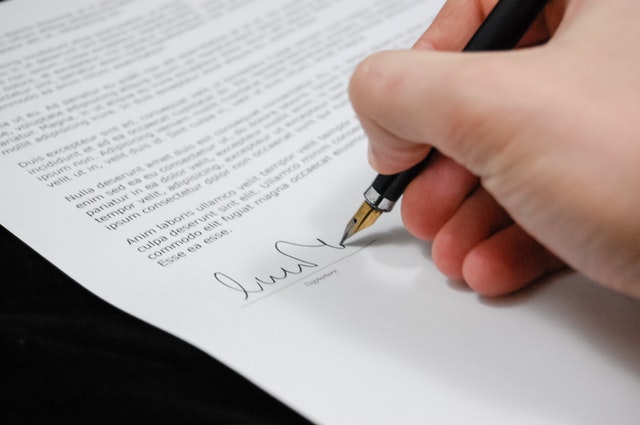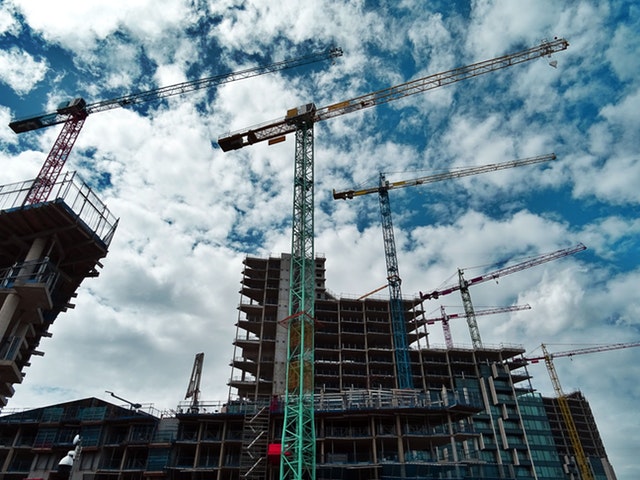
Property managers provide a basic lease agreement whenever there’s an unexpected tenancy. Since the preparation time for the upcoming tenancy is short, property managers needs to make a quick decisions and documents.
However, even if you’re only providing a basic agreement, it should contain important information. Do you know what information it should include? In this blog post, I’ll talk about a guide in making a lease agreement.
What to Know about a Lease Agreement

It’s your responsibility as a property manager to provide an agreement to your tenant. That’s why you need to know how to make the best agreement for the tenancy. Before we go into that part, let’s take a look at the definition of a lease agreement first.
What is a lease agreement? A lease agreement is a contract between you and your tenant for using a property. This document contains the necessary information about both parties and the property. Before the tenancy begins, you and your tenant must sign a lease agreement. Once signed, the agreement will prove that both parties have agreed on a set of terms.
With that, you must create a physical lease agreement and give your tenant a copy. If either party refuses to have a written lease agreement, they are still responsible for their obligations. However, you need to be careful in dealing with tenants who refuse to have a written agreement. A verbal tenancy agreement will lead to several problems once a misunderstanding occurs. That’s why it’s advisable to provide even a basic agreement that contains the following information:
- The full names and contact addresses of you and your tenant (include email address and mobile telephone number).
- The address of the property that is being rented.
- The date of the tenancy begins and the agreement is signed.
- Addresses for service for both the landlord and the tenant.
- The rent amount and regularity of payments.
- The place or bank account number where the rent is to be paid.
- Any fees (for a letting agent or solicitor) to be paid (if applicable).
- A list of any chattels (like furniture, curtains and other fittings) provided by you.
If the tenancy is a fixed-term, include the termination date. There are other clauses and terms you can add to make it the best agreement for the upcoming tenancy.
If you are on the other end of the agreement and your credit history is being dug into you may want to consider credit repair services to both remove incorrect and outdated negative items on your credit reports and to increase your overall credit score to a point that landlords and property managers will be more comfortable renting property to you.
Once you’re done with the terms, the next thing is to check the spelling and grammar. A lease with poor grammar, bad punctuation, and misspelled words can cause for misunderstandings. Aside from that, having an error in the lease agreement shows a lack of professionalism. This could result in bad impressions and it could drive away potential tenants.
A property manager needs to consult a rental lawyer before finalizing the lease agreement. The rental lawyers can improve the agreement to make it suitable for the upcoming tenancy. The lease agreement must be free from errors; it’ll be a legal document once it’s signed by both parties.
Another reason for consulting a lawyer is to make sure the agreement will give you adequate protection if any problems arise. The agreement could protect you or the tenant if ever your misunderstanding is brought into court.
A tenant could still lease a property without an agreement. However, a verbal agreement may lead to some problems in the future. That’s why it’s suitable to provide even a basic lease agreement to your tenant and consult a lawyer before finalizing your lease agreement.

